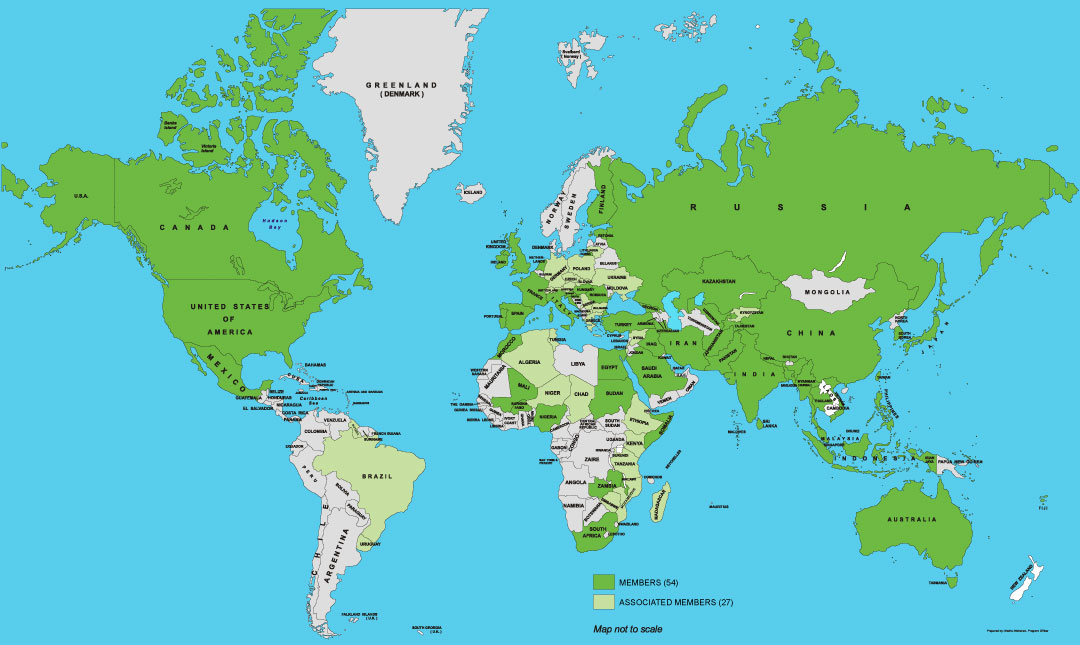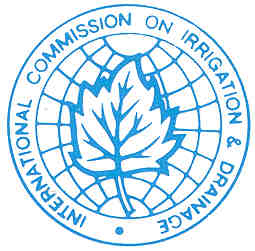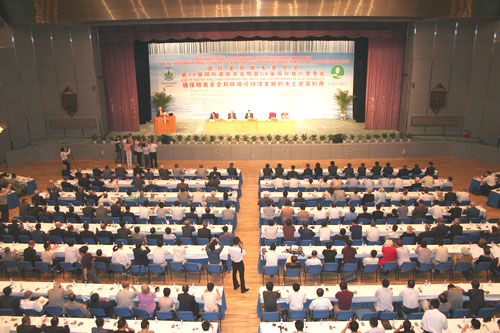
Many natural systems are now being affected by climate change. In order to lower the adverse impacts, the international community has adopted multiple measures to deal with climate change. Adaptation measures may soften the adverse impact of climate change, but with the intensifying climate change, adaptation measures alone can hardly remove all these impacts. Mitigation measures can reduce long-term adaptation cost to a certain extent. Therefore, to deal with climate change, it is necessary to adopt mitigation and adaption measures at the same time.
Climate change has increased the possibility and intensity of drought. So the appropriate water management would be able to increase the resilience of agricultural production to climate change.Due to the constraint of water resources, the supply of agricultural irrigation water cannot be expanded blindly.
Studies have shown that enhanced water use efficiency holds the key to tackling water scarcity and food security issues. Water saving irrigation (WSI) can mitigate the negative impact of climate change on water resources available to agriculture and overcome the constraint of water scarcity by reducing water consumption and increasing water productivity.
Studies have shown that WSI can reduce water consumption and increase grain production. Agricultural water-saving is necessary prerequisites for comprehensively redressing the worsening water shortage problems. Sprinkler irrigation is a major contributor to the significantly increased yield and water use efficiency of winter wheat than border irrigation. Large-scale water-saving crop production systems need to be established in the near future in order to feed growing population.
In order to mitigate climate warming, it is necessary to minimize greenhouse gas emissions resulting from adaptation.
WSI measures help in coping with climate change, with a view to provide technical support to appropriate actions to address climate change, reduce its adverse impact on agricultural production, and ensure food security.WSI can reduce soil salinization and conserve soil to sustain land productivity and environmental benefits. So WSI can be a positive measure in coping with climate change when it is rightly deployed.
Related items you may like






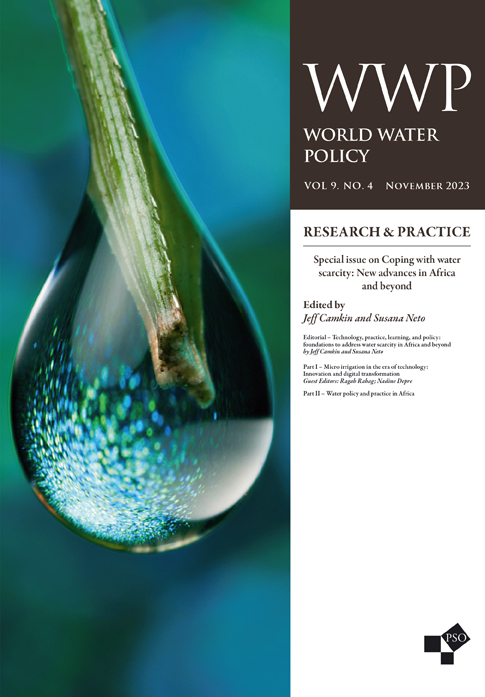
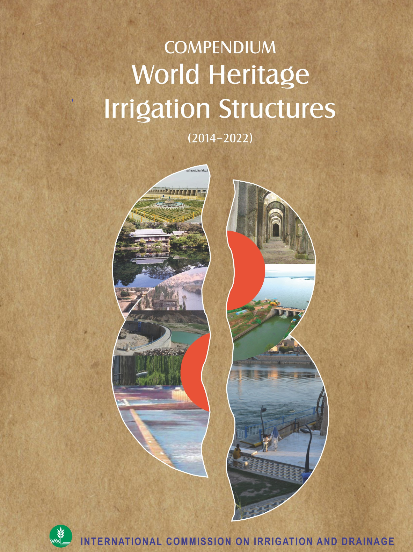







































































































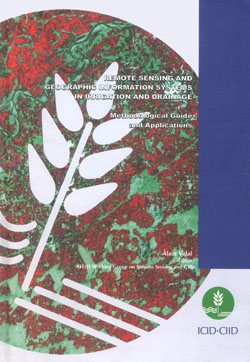



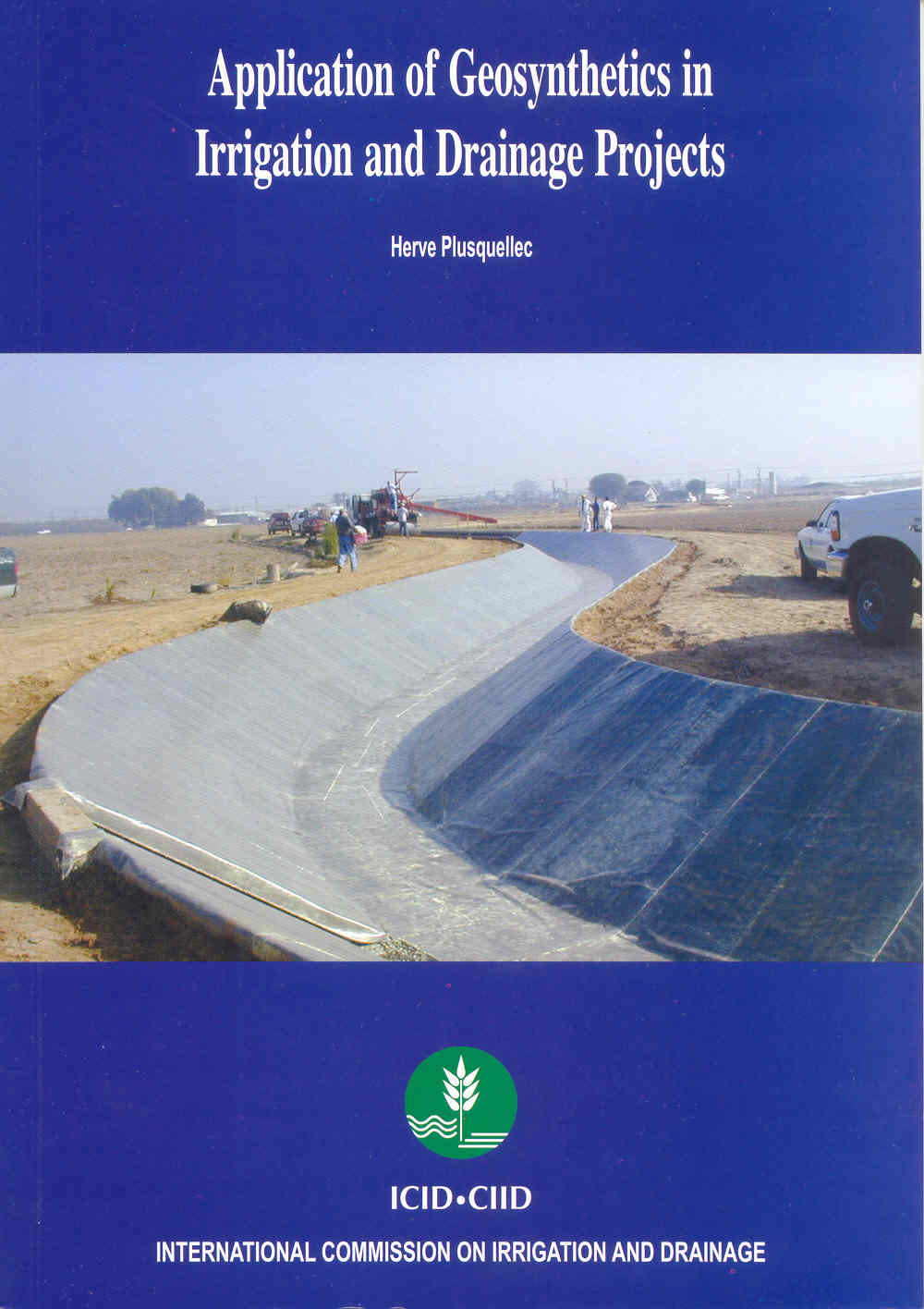

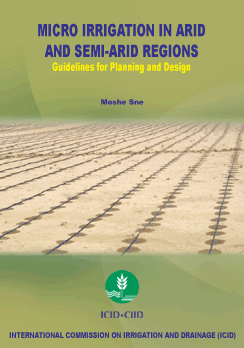
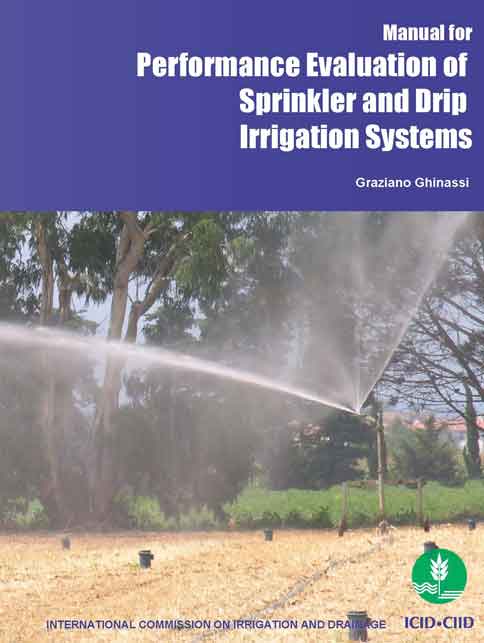






Irrigation
Sources of Irrigation
Irrigation History +
Sources of Irrigation +
IMPROVING SOIL MOISTURE +
Ponds +
Tanks +
Diversion Weirs +
Dams and Reservoirs +
Groundwater +
Conjunctive Water Use +
Wastewater +
Poor Quality Water +
Application of Irrigation water
Canal Irrigation +
Flood Irrigation +
Deficit Irrigation +
Supplemental Irrigation +
Sprinkler Irrigation +
Drip Irrigation +
Lift Irrigation +
Centre Pivot Irrigation +
Tidal Irrigation +
Micro-Irrigation Technologies for Small Holders +
Automatic Irrigation Systems +
Pressurized Irrigation +
Irrigation in Viticulture +
Purpose of Irrigation
Instruments and implements of Irrigation
Pumps +
Centrifugal Pumps +
Submersible Pumps +
Turbine and Jet Pumps +
Conveying Pipes +
Sprinklers +
Drippers +
Canal Automation Systems +
Irrigation Management
Economics of Irrigation System +
I&D System Types +
I&D Investment Functions +
I&D Management Issues +
Participatory I&D Management +
Equity in Irrigation +
Irrigation Services +
Irrigation and environment
Pollution and Irrigation +
Irrigation and Climate Resilience +
Environmental Aspects of Irrigation +
Environmental Impacts of Irrigation +
Green Lawn Irrigation +
Safe Use of Waste Water in Irrigation +
Organic Agriculture +
Soil Health +
Soil Health Management +
Quality of Irrigation Water +
Capacity Development
Drainage
Drainage Types and Systems
Agricultural Drainage +
Field Drainage systems +
Canal Irrigation and Drainage +
Surface Drainage Systems +
Subsurface Drainage +
Mole Drainage +
Bio-Drainage +
Regional Bio-Drainage +
Drainage Issues
- Microclimate
- Macroclimate
- Irrigation pipe aqueduct, Pipe aqueduct, Pipe flume
- Syphon, Inverted siphon, Irrigation syphon, Canal syphon, Syphon superpassage
- Lift irrigation area, or Lift area
- Continuous-flow irrigation
- Night-storage irrigation system
- Intermittent-flow irrigation system
- Irrigation return flow
- Farm irrigation structures
- Collective irrigation system
- Individual irrigation system
- Perennial irrigation
- Seasonal irrigation
- Supplemental irrigation
- Systematic irrigation
- Flow irrigation, or Gravity irrigation
- Pumping irrigation
- Inundation irrigation
- Irrigation from a storage reservoir
- Irrigation from groundwater
- Irrigation by flood water spreading
- Sailab irrigation (a term used in India and Pakistan)
- Micro basin irrigation
- Irrigation by spreading
- Irrigation
- Irrigation interval
- Irrigation dose
- Ideal irrigation interval
- Irrigation season
- Fall irrigation (USA)
- Winter irrigation (USA)
- Early irrigation (USA)
- Sub-irrigation
- Overirrigation
- Irrigation canals
- Surface irrigation
- Flood irrigation
- Basin method of irrigation, or Irrigation by beds
- Flush irrigation
- Spate irrigation
- Border irrigation, or Border method
- Flooding from ditches, or (contour ditch irrigation)
- Corrugation irrigation
- Furrow irrigation
- Surge irrigation
- Duration of irrigation
- Secondary flow, Two discharge, or Cutback irrigation
- Primary flow irrigation (single discharge)
- Wave irrigation
- Irrigation through buried drains, Irrigation-drainage, or Vallenhove process
- Irrigation by nappe control, or Ramspol process
- Selection of irrigation parameters
- Sprinkler irrigation
- Irrigation terminal
- Irrigation device
- Perforated pipe sprinkler irrigation
- Irrigation sprinkler machine
- Centre pivot irrigation
- Lateral-move irrigation machine sprinkler method
- Solid set irrigation
- Piloting of irrigation
- Irrigation cycle
- Micro-irrigation, Localized irrigation, Drip irrigation, Trickle irrigation
- Mobile micro-irrigation
- Pulse irrigation
- Surface drip irrigation
- Buried drip irrigation
- Drip irrigation functioning by propulsions
- Micro-irrigation network
- Micro-irrigation nozzle-line
- Irrigation dose
- Semi-automatic control (of irrigation)
- Micro-irrigation system with hydraulic sequential operation
- Automatic control (of irrigation)
- Porous wall microirrigation tubing
- Proportional irrigation pump
- Irrigation water
- Irrigation water requirement, Irrigation need
- Net irrigation requirement, Farm delivery requirement, or Delta at farm
- Crop irrigation requirement
- Diversion requirement, Gross irrigation requirement, or Delta at head of main canal
- Optimum irrigation requirements
- Irrigation efficiency, Farm irrigation efficiency, Farm delivery efficiency, Water conveyance and delivery efficiency, or Overall efficiency
- Irrigation water-requirement
- Subirrigation
- Surge irrigation
- Irrigation water use efficiency
- Unit irrigation efficiency
- Economic efficiency of irrigation
- Irrigation efficiency
- Agronomic efficiency of irrigation or Agronomic productivity of irrigation
- Degree of durability of irrigation
- Programmed irrigation
- Fully automatic irrigation system
- Irrigation development project or system
- Macroclimate
- Microclimate
- Resilience
- Irrigation
- Surface irrigation
- Basin Irrigation
- Overhead irrigation
- Sub‑irrigation
- Microirrigation
- Trickle irrigation
- Drip irrigation
- Total irrigation
- Supplemental irrigation
- Preplant irrigation
- Organic irrigation
- Dry climate
- Climate Impact Assessment:
- Climate change
- Resilience / resilient
- Resilience measures
- Conjunctive irrigation planning
- Irrigation project
- Irrigation potential
- Assessment of irrigation charges
- Irrigation cess
- Water rate, Water charge, Irrigation rate, or Irrigation assessment
- Primary benefits, Primary effects, Direct irrigation benefits, or Direct irrigation effects
- Secondary benefits, Secondary effects, Indirect irrigation benefits, or Indirect irrigation effects
- Economic value of unit of irrigation water
- Revenue value of a unit of irrigation water
- Climate
- Climate Change
- Climate System
- Climate Variability
- (Climate) Impacts
- Microclimate
- United Nations Framework Convention on Climate Change (UNFCCC)
